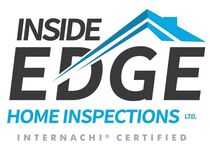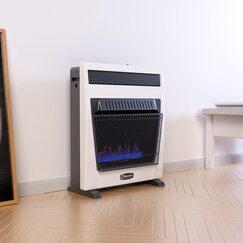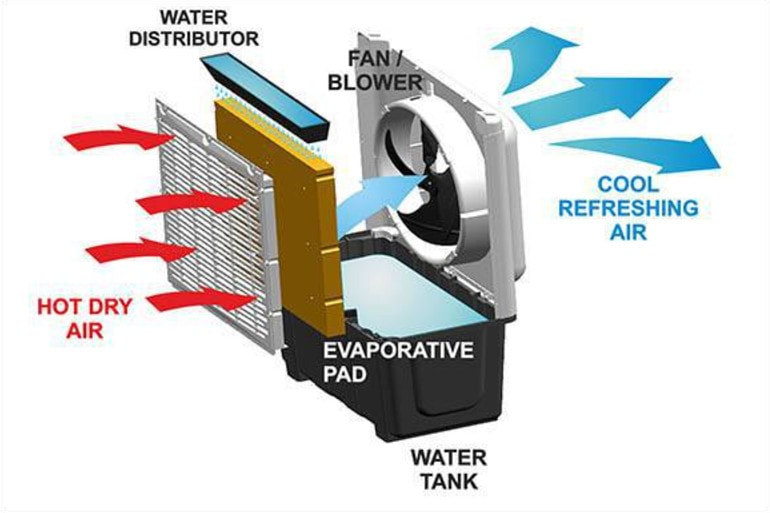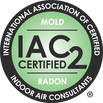Mike's Home Inspector BlogMichael Burfitt |
|
When I decided to start our home inspection company, I knew I needed to undergo extensive training. This preparation encompassed both theoretical and field training, equipping me with the knowledge and skills necessary for the job. However, there was a slight catch. The training modules were designed to cater to both Canadian and American inspectors, which meant there was a broad spectrum of defect recognition training that did not apply to certain areas of North America. Nova Scotia, for instance, has its unique set of housing characteristics that make some issues practically non-existent. Here are a few things I can confidently say I have a better chance of finding a unicorn than seeing in a Nova Scotia house. "Chinese" Drywall: A Smelly Situation During the 2000s, there was a drywall shortage in the United States, which led to the importation of drywall from China. Unfortunately, a significant portion of this drywall was found to be defective. The main issue with this type of drywall was that it released sulfur compounds into the air, resulting in a putrid smell akin to rotten eggs. Worse yet, the sulfur reacted with electrical, HVAC, and plumbing systems, causing corrosion and premature failure. Why It Isn't an Issue: While some of this problematic drywall did make its way into Canada, there is no evidence showing its use in Atlantic Canada. The issue was primarily concentrated in the southern United States, mainly due to a shortage following Hurricane Katrina in 2005. On a fascinating note, did you know that the world's largest gypsum mine (which is the main ingredient in drywall) is located right here in Milford, Nova Scotia? Ventless Heaters: A Dangerous Alternative Propane and natural gas are efficient and commonly used fuel sources for heating homes. However, they require proper ventilation, which can make it cost-prohibitive or even impossible to install them in some homes. An apparent solution to this problem is to use ventless heaters. Why It Isn't an Issue: In my professional opinion, ventless heaters, even high-efficiency units, are not safe to use and I would never personally use one. They expel waste gases, including the silent and odorless killer, carbon monoxide. Ultimately my opinion doesn't matter: the use of ventless gas fireplaces is also illegal in Canada, adding to the reasons why you won't encounter them in Nova Scotian homes. Evaporative Coolers: Not Cool for Our Climate Also known as swamp coolers, evaporative coolers offer a budget-friendly alternative to traditional air conditioners. They work by cooling the air through water evaporation, with the water absorbing some of the heat. While it might sound like a great idea, these coolers are far from ideal for our region. Why It Isn't an Issue: Swamp coolers add a significant amount of humidity to the air. Our region already experiences highly humid summers, the only season when you'd need cooling. The additional humidity not only makes the indoor environment uncomfortable but also fosters mould growth throughout the home.
While I can't make definitive statements about these issues never being found in our region, I can confidently assert that if I encounter any of these three items during a home inspection in Nova Scotia, I'd need to take an extremely close look at what I'm seeing. The chances of encountering such issues in Nova Scotia homes are remarkably low, thanks to the unique characteristics of our housing industry and climate. |
Archives
April 2024
Categories
All
|



 RSS Feed
RSS Feed

